Customs clearance is a legal process of declaring goods to customs when importing or exporting shipment in a country or internationally. If the shipment is cleared, then the shipper will provide the necessary documentation confirming customs duties that are paid, and the shipment can proceed to it destination. A Well-planned customs clearance also has a direct impact on logistics costs. By avoiding penalties, delays and additional costs, such as storage fees or last-minute corrections to documentation, it can also help to ensure that goods are delivered on time and in compliance with regulations.
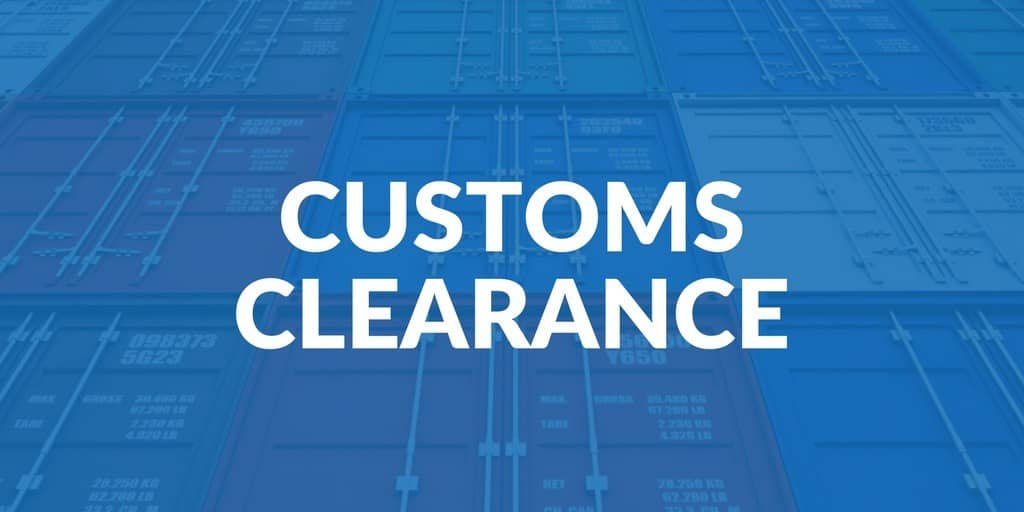
KEY ADVANTAGE OF CUSTOMS CLEARANCE IN LOGISTICS INDUSTRIES.
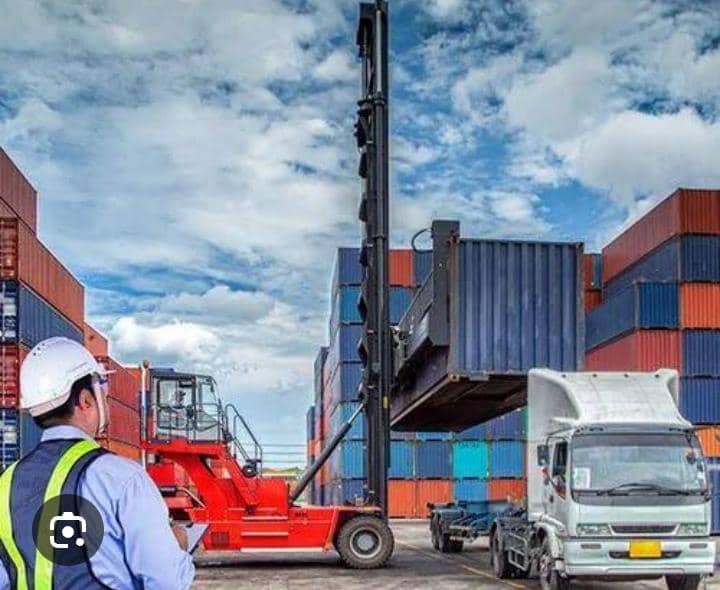
1. Compliance with International Regulations: Customs clearance ensures that goods comply with the laws and regulations of the countries involved, avoiding economic penalties, confiscation of goods, and legal problems.
2. Efficient Delivery Times: Efficient customs clearance is crucial in ensuring that goods reach their destination on time. Any errors in documentation or non-compliance with regulations can trigger additional inspections, customs hold, and delay.
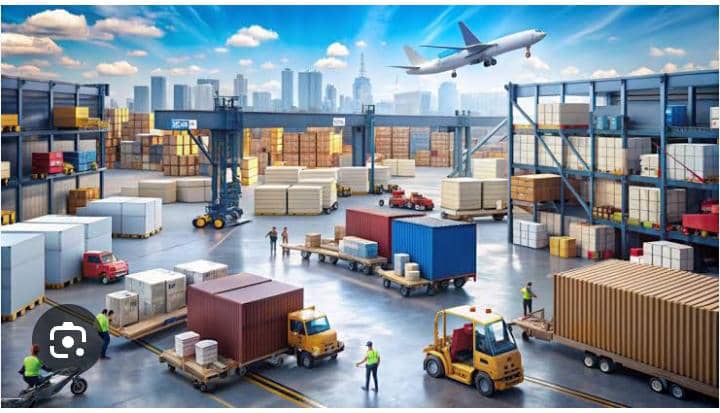
- Enhanced Supply Chain Visibility and Reliability:
A. Improved Documentation: Comprehensive clearance processes generate detailed records, aiding in tracking and tracing shipments throughout the supply chain.
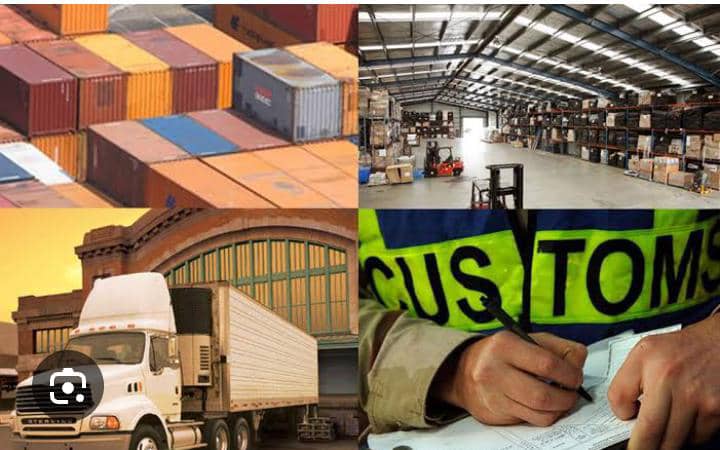
B. Stronger Business Relationships: Reliable customs procedures build trust with international partners and customers by ensuring that deliveries are timely and predictable.
4. Commercial Risk Prevention: Customs clearance helps minimize risks associated with international trade, such as smuggling problems or the shipment of non-compliant goods.
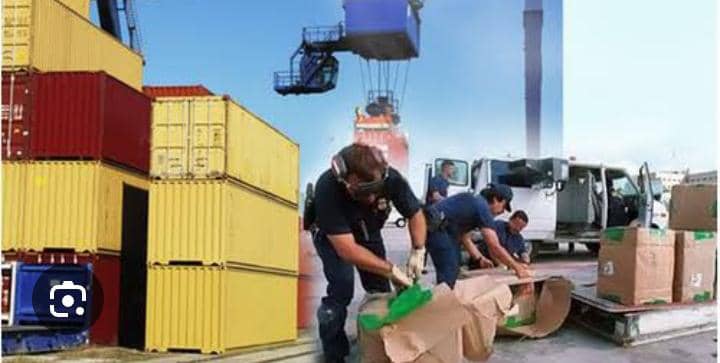
5. Simplified Trade Procedure: Customs clearance simplifies trade procedures, reducing the complexity and time-consuming nature of international trade.
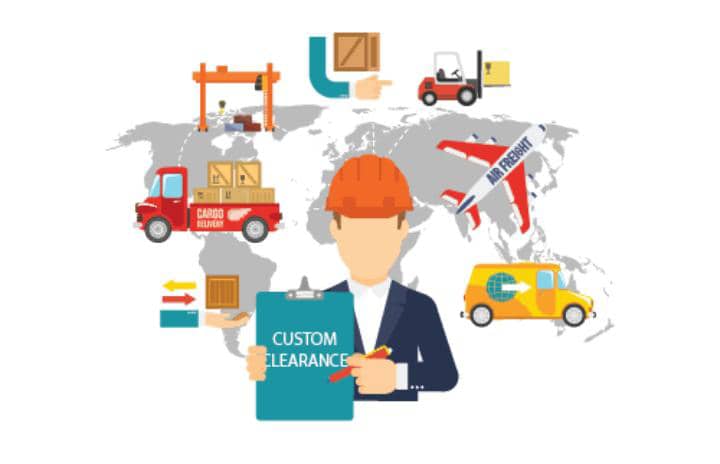
6. Competitive Advantage: Efficient customs clearance can become a competitive advantage, enabling companies to offer shorter delivery times, more predictable costs, and reliable service.
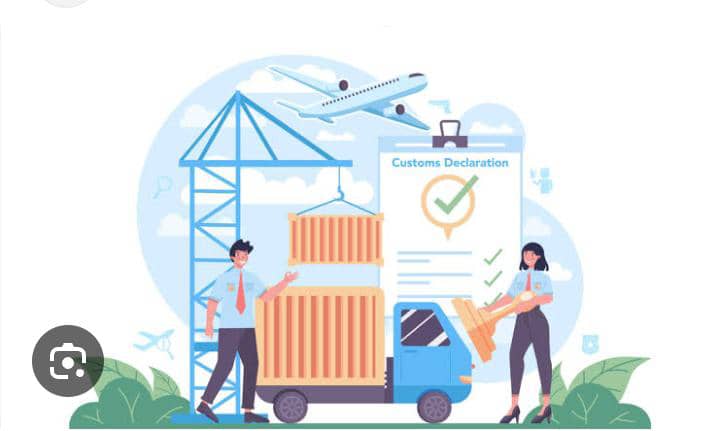
CONCLUSION.
By leveraging on these benefits, logistics companies can navigate through the complexities of international trade, ensuring compliance with rules and regulations, thereby providing efficient and reliable services to their customers.